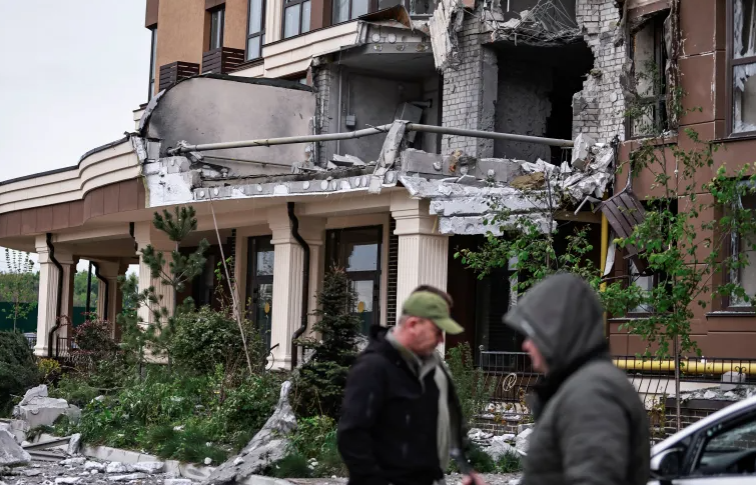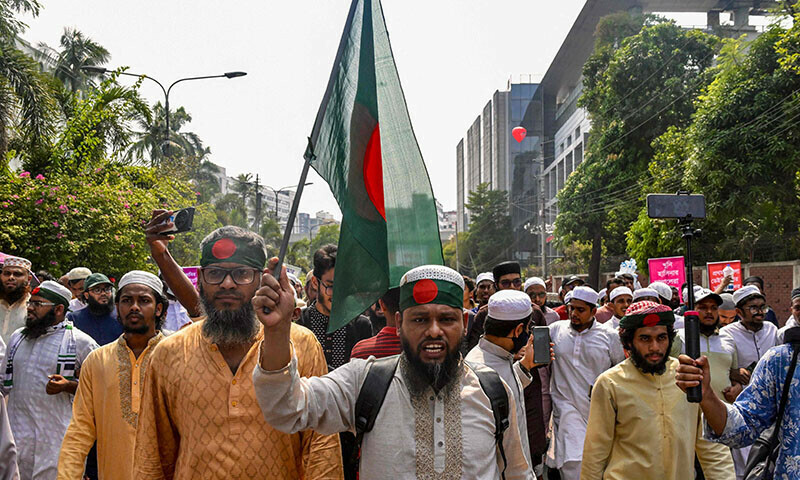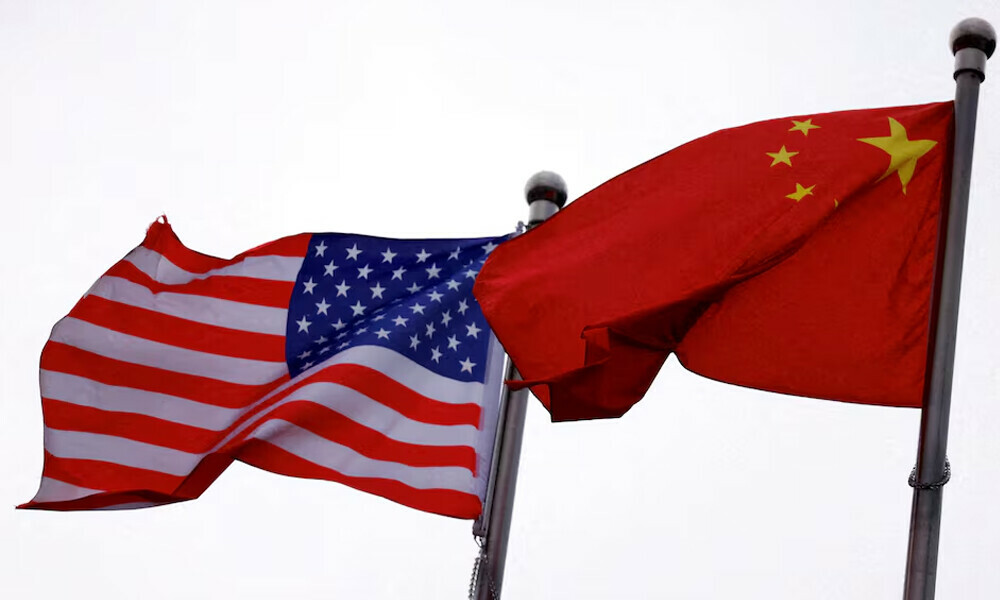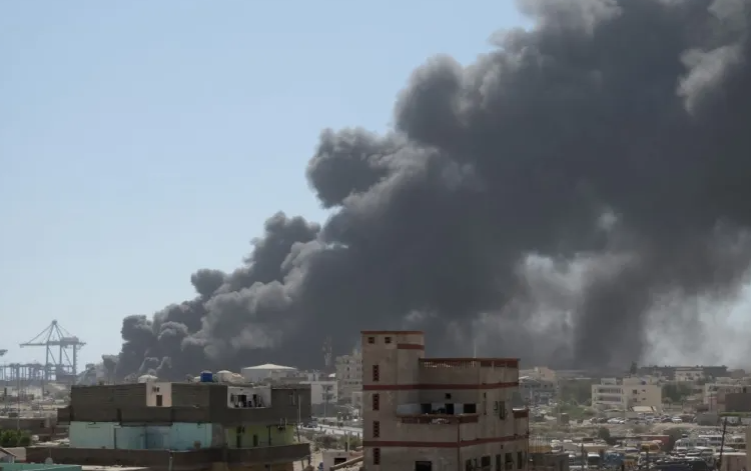WORLD NEWS
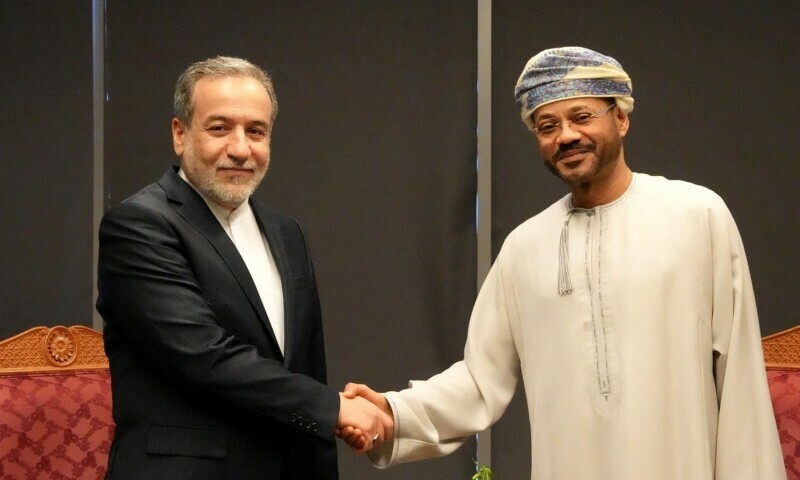
On Saturday, high-level talks commenced in Oman between the United States and Iran, aimed at jump-starting negotiations over Iran's rapidly advancing nuclear program. These indirect discussions, mediated by Oman's Foreign Minister Badr al-Busaidi, signal a potential thaw in the strained relationship between the two countries, which have been at odds for more than two decades over Iran’s nuclear ambitions.
The Iranian delegation is being led by Foreign Minister Abbas Araqchi, while the US side is represented by President Trump's Middle East envoy, Steve Witkoff. Both countries have maintained separate rooms during the talks, exchanging messages through Oman’s foreign minister. This diplomatic process comes amid growing fears that failure to reach an agreement could lead to military action, with US President Donald Trump repeatedly threatening to take military steps against Iran if the nuclear program continues to escalate.
Iran, which had initially approached the talks with skepticism, remains wary of President Trump's aggressive rhetoric. Tehran has made it clear that it will not negotiate its defense capabilities, including its ballistic missile program, and continues to deny Western allegations that it is seeking nuclear weapons. Iran's nuclear advancements, including enriching uranium to 60% purity, have fueled global concerns, particularly from Israel, which views Iran’s nuclear program as an existential threat.
The first round of discussions will focus on clarifying key issues, including the will of both sides to negotiate in good faith. Supreme Leader Ayatollah Ali Khamenei has given Foreign Minister Araqchi full authority to represent Iran in these talks, which could shape the future of the Middle East. The stakes are high, as the region has already been embroiled in multiple conflicts, including the ongoing Gaza and Lebanon crises, missile fire between Iran and Israel, and ongoing tensions in Syria.
For the talks to succeed, experts believe that both parties will need to demonstrate a genuine willingness to compromise. If successful, the talks could ease tensions in the Middle East and potentially reduce the threat of military conflict, especially with the region being a major oil-exporting hub.
However, failure to make progress could lead to a wider regional conflict with severe economic and political ramifications. As both sides stand at a crossroads, the outcome of these negotiations will likely play a significant role in shaping the future security dynamics of the Middle East.
